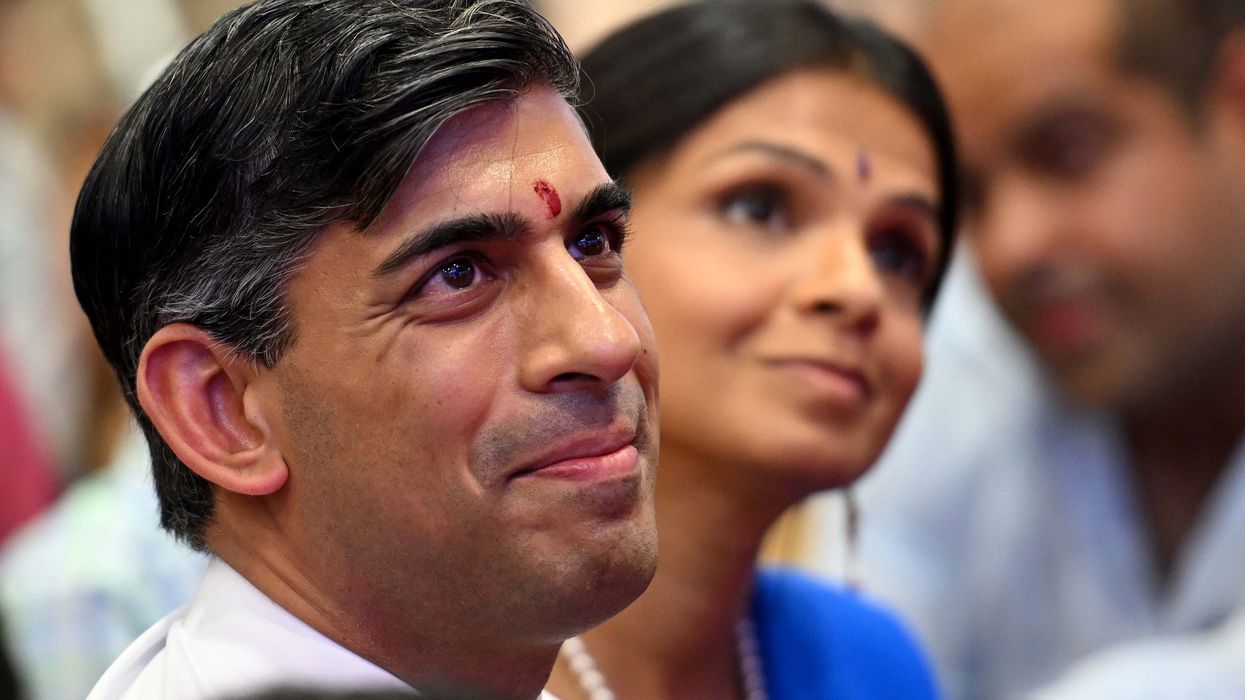MORE young adults in Britain are getting cancer than ever before and experts feel it is possibly linked to changes in western diets over the past 30 to 40 years, The Times reports.
Cancer rates among adults aged 25 to 50 have increased by 24 per cent since the 1990s, with 35,000 people in this age group now being diagnosed with the disease each year.
This is a much steeper rise than any other age group, with the second biggest increase of 16 per cent in under-25s.
The figures were published by Cancer Research UK at the American Society of Clinical Oncology (ASCO) meeting in Chicago, the world’s largest cancer conference.
New evidence suggests this early-onset cancer is linked to harmful gut bacteria and chronic inflammation, caused by a shift in diet patterns.
Experts said the findings indicate a new cancer risk factor that has emerged in recent decades. They blame it on the use of sweeteners in ultra-processed foods.
The conference discussed the global rise in cancer cases among the young, particularly for bowel cancer. Multiple studies suggest that the microbiome — the community of trillions of bacteria in the gut — is key to explaining this rise.
Patients with early-onset bowel cancer were found to have more harmful gut bacteria, linked to poor diets and highly processed foods.
These bacteria can lead to chronic inflammation or DNA mutations, causing tumours to form.
Read Also: Mediterranean diet may lower risk of death in women, finds study
Cancer Research UK chief clinician Professor Charles Swanton said that “alterations in the gut microbiome” were a leading possible explanation for why more young adults are getting cancer.
He said there are many preventable causes of cancer such as smoking, obesity and red meat. But they don’t explain the increase in cancer cases among the under-50s.
He said it could be something in the diet, or even microplastics and pollutants that alter microbine.
The rise in obesity over the last 30-40 years may also be a factor, Swanton said.






 Experience the festival of coloursiStock
Experience the festival of coloursiStock Holi is the perfect excuse to indulge in a rainbow of flavoursiStock
Holi is the perfect excuse to indulge in a rainbow of flavoursiStock











 AP Dhillon brings his signature style to Chanel’s front row
AP Dhillon brings his signature style to Chanel’s front row AP Dhillon making a statement at Paris Fashion Week—front row at Chanel
AP Dhillon making a statement at Paris Fashion Week—front row at Chanel  AP Dhillon’s Paris Fashion Week debut is giving main character energy
AP Dhillon’s Paris Fashion Week debut is giving main character energy Rap meets runway: AP Dhillon makes a bold statement at Paris Fashion Week
Rap meets runway: AP Dhillon makes a bold statement at Paris Fashion Week AP Dhillon cements his global influence at Chanel’s Paris show
AP Dhillon cements his global influence at Chanel’s Paris show AP Dhillon brings his Punjabi cool to Chanel’s front row—Paris wasn’t ready
AP Dhillon brings his Punjabi cool to Chanel’s front row—Paris wasn’t ready Paris Fashion Week just got a Punjabi remix
Paris Fashion Week just got a Punjabi remix

 Big Bear Lake, CaliforniaiStock
Big Bear Lake, CaliforniaiStock Las Vegas strip in Nevadaistock
Las Vegas strip in Nevadaistock Skyline, TampaiStock
Skyline, TampaiStock Mayan ruins of Altun HaiStock
Mayan ruins of Altun HaiStock Cancun beachiStock
Cancun beachiStock Old San Juan’s cobblestone streetsiStock
Old San Juan’s cobblestone streetsiStock Old Port of Montreal iStock
Old Port of Montreal iStock
 Stricter regulations will be put in place to safeguard young consumersiStock
Stricter regulations will be put in place to safeguard young consumersiStock